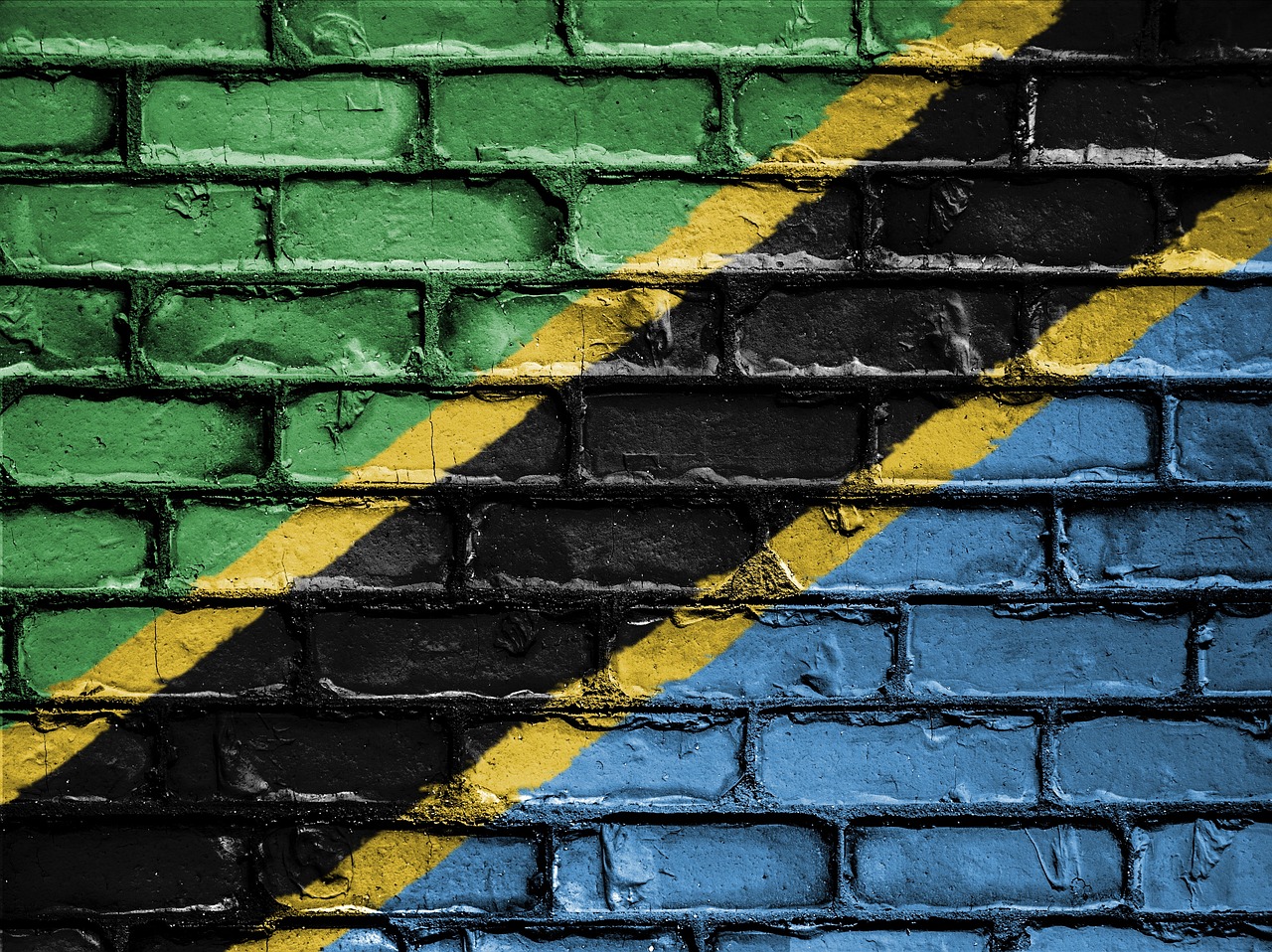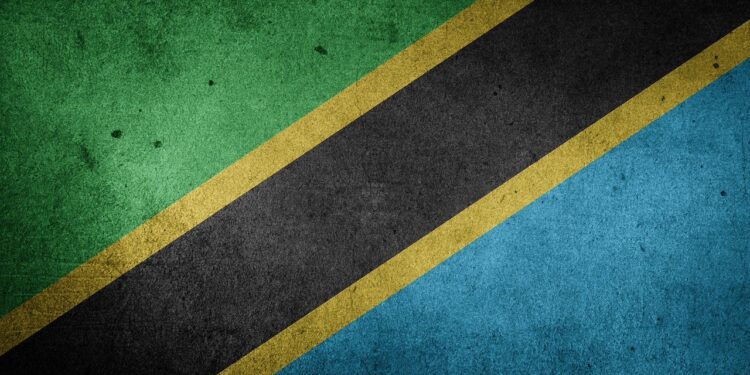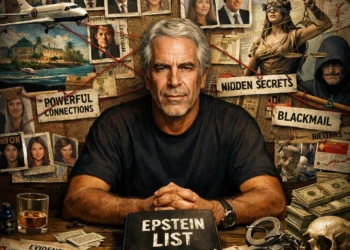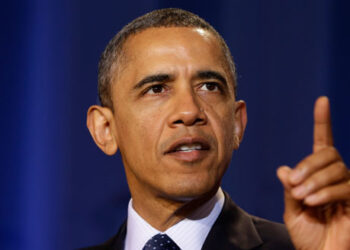The unverified identity of “Captain Tesha” is less important than the political shockwave his video has sent through Tanzania. Just weeks before the October 29 general elections, this alleged air force officer (whose claims include government corruption, rights violations, and political interference in the military) didn’t just criticize the ruling Chama Cha Mapinduzi (CCM), he effectively called for a military intervention against a civilian government. This is an unprecedented challenge to civilian control of the military in Tanzania and a chilling indicator of the country’s decaying democratic health.
The content of the video—where “Tesha” calls on military chief Jacob Mkunda to “take action” and assures citizens the security forces are “behind them” in demonstrations—was not an accidental leak. It was a high-stakes political bomb. Whether he’s a serving officer, a disgruntled former member, or a sophisticated political operative, the message has landed precisely where it was intended: straight into the hands of a frustrated opposition and onto the screens of a populace increasingly skeptical of the electoral process.
The video’s potency comes from the tinderbox environment the government has created. The claims of “Tesha” perfectly mirror the accusations leveled by the beleaguered opposition, primarily the Chadema party.

Why It Matters
The political environment isn’t merely tense; it’s actively repressive. The main opposition party, Chadema, is currently banned from participating in the forthcoming polls, and its leader, Tundu Lissu, is behind bars, facing a politically toxic treason charge. This prosecution, starting just as the election cycle peaks, is viewed by human rights groups and critics as a transparent attempt to silence the only credible national challenger to President Samia Suluhu Hassan and the long-ruling CCM. The irony is that the crackdown, which involves limiting media freedom and crushing public gatherings, is the very thing fuelling the anti-government sentiment that Captain Tesha’s video has tapped into. The government’s actions make the opposition’s interpretation (that the military is solidarity with the opposition) terrifyingly plausible to many.
The military’s response (the Tanzania People’s Defence Force (TPDF) warning against politicization) is a classic attempt to restore order, but it rings hollow against the backdrop of political repression. Col Bernard Masala Mlunga’s statement dismissing the author as a rogue or former member is boilerplate defense.
However, the sheer existence of a viral video urging military coup in Tanzania forces the TPDF to choose between its professional, non-partisan constitutional duty and the political aspirations of the long-ruling party. The military must work exceptionally hard now to prove its non-partisanship to the public, not just to the government.

















